Welcome to the Wagonex Car Reviews Hub — your central guide to the most popular,...
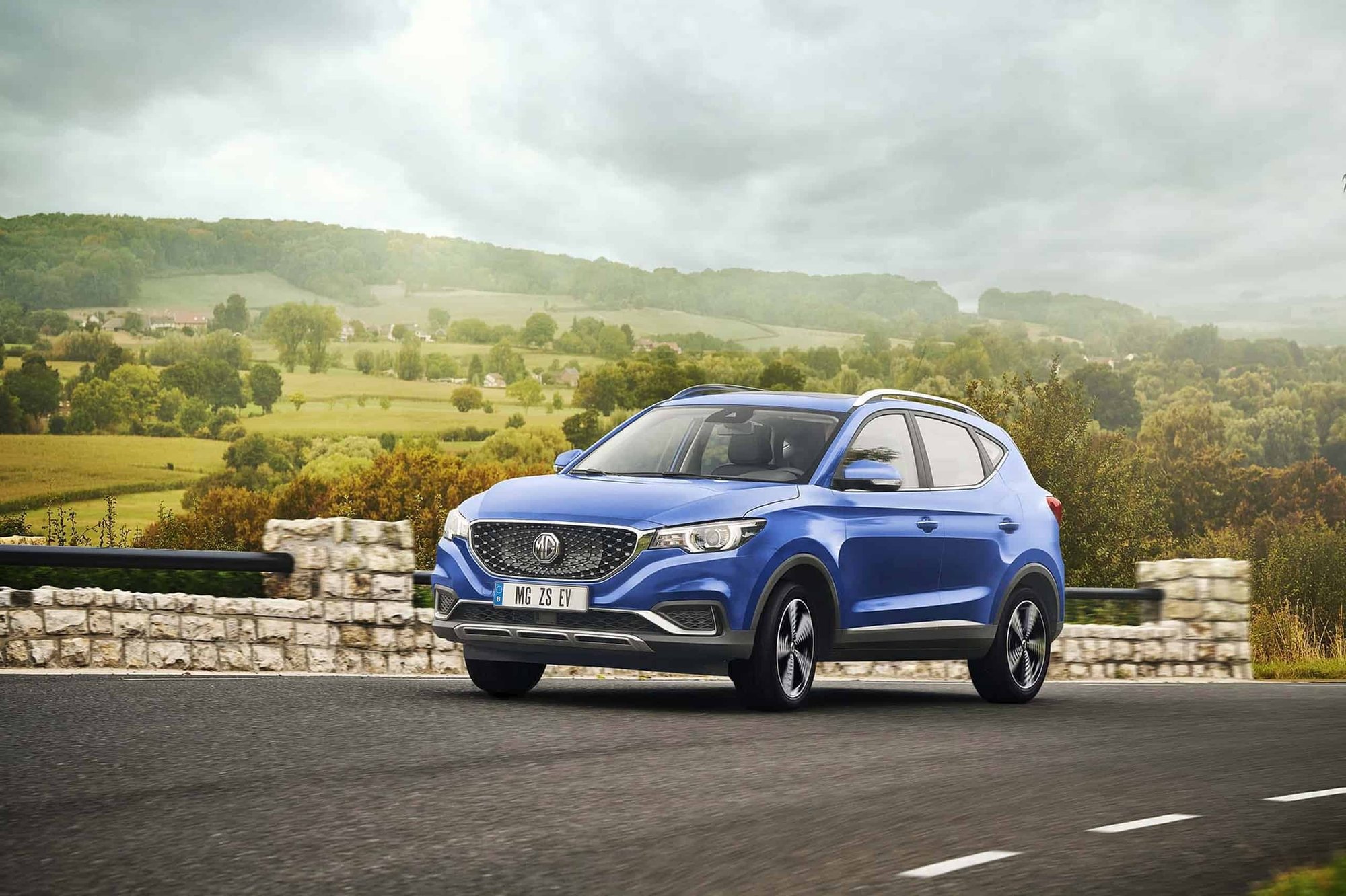
Hybrid vs Plug-in Hybrid vs Electric cars
As the world shifts towards greener transportation, Hybrid, Plug-in Hybrid (PHEV), and Electric Vehicles (EV) are becoming increasingly popular. Each option offers unique benefits and drawbacks, catering to different lifestyles and preferences. In this post we explore the key differences and advantages of each type.
Hybrid Cars
Hybrid cars combine a traditional engine with an electric motor. When you brake, the car's kinetic energy is converted into electricity and stored in the battery. This helps recharge the battery while slowing down the car. The electric motor then assists the engine during acceleration, resulting in improved fuel efficiency and reduced emissions.
Pros:
- Improved fuel efficiency: Hybrids consume less fuel than traditional vehicles with an internal combustion engine (ICE).
-
Reduced emissions: Lower emissions contribute to cleaner air.
- No need for charging: Unlike electric cars, hybrids don't require external charging.
Cons:
- Limited electric range: The electric motor can only power the car for a short distance, although technology advances are improving range considerably
- Higher initial cost: Hybrids are generally more expensive than traditional ICE vehicles
Plug-in Hybrid Cars
Plug-in hybrid cars (PHEVs) are similar to hybrids but have a larger battery pack that can be charged from an external power source. This allows for longer electric-only driving, reducing reliance on the engine.
Pros:
- Longer range: PHEVs can travel a significant distance on electric power alone.
- Reduced fuel consumption: Lower fuel (petrol or diesel) costs compared to traditional cars.
- Government incentives: Many governments offer incentives for purchasing PHEVs.
- Familiar driving experience: You can always fill up the tank with petrol or diesel if necessary. This can be a reassuring option for those new to Electric.
Cons:
- Higher initial cost: PHEVs are more expensive than hybrids and traditional cars.
- Charging time: Charging the battery can take several hours unless you have access to a superfast charger.
- Battery degradation: There is a perception that battery performance can decline over time which may impact resale value of the vehicle.
Electric Cars
Electric cars are powered solely by electricity, stored in a battery pack. They have no internal combustion engine or exhaust system.
Pros:
- Zero emissions: Electric cars produce no exhaust emissions, making them less polluting in towns and cities.
- Lower operating costs: Depending on your source, electricity is generally cheaper than filling up on the forecourt, resulting in lower fuel costs.
- Instant torque: Electric motors provide immediate power, resulting in a smooth,responsive and exciting driving experience.
Cons:
- Limited range: Early electric cars had limited driving ranges, but this has improved significantly in recent years.
- Charging infrastructure: The availability of charging stations can be a concern in some areas, especially if you travel long distances and are often in new areas
- Higher initial cost: Electric cars are generally more expensive than traditional cars, although the cost gap is narrowing significantly.
Choosing the Right Option
The best choice between hybrid, plug-in hybrid, and electric cars depends on your individual needs and preferences. Consider factors such as your daily commute, access to charging stations, and budget when making a decision.
Subscription is a great option if you are not ready to commit to one option or another, and would like to see how a new way of driving would work with your lifestyle.
It might be a good option to try a PHEV for a few months as a starting point. You can familiarise yourself with the vehicle and charging infrastructure, whilst having a backup. If you feel confident after a few months, you might be ready to take the jump and try out an EV.
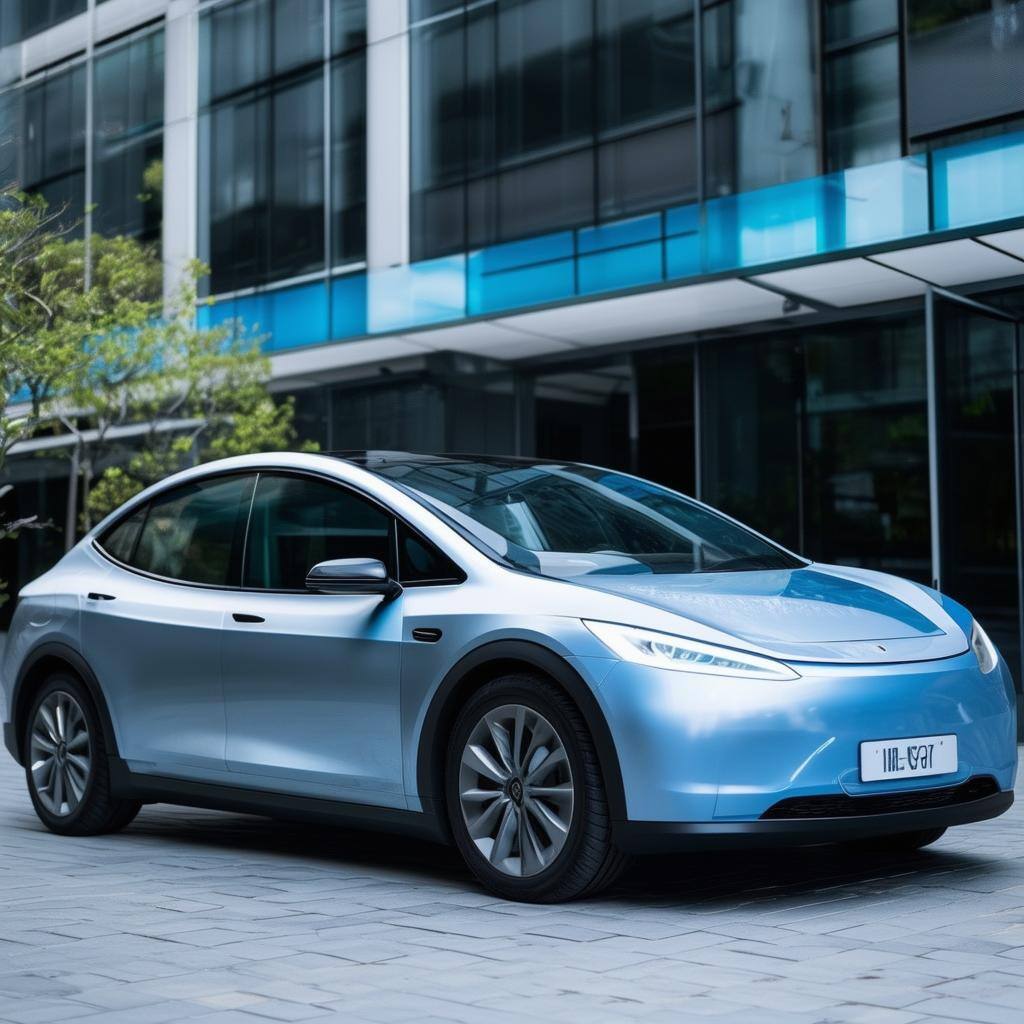
The Right Ride: When a Car Subscription Makes Perfect Sense
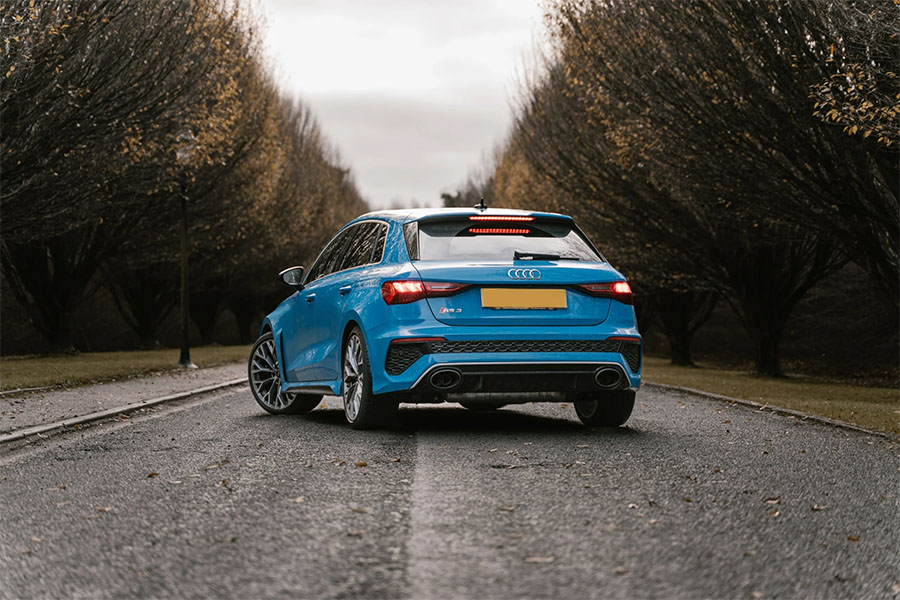


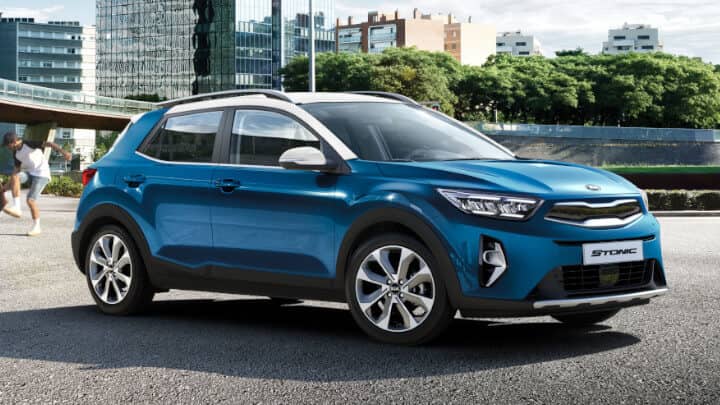
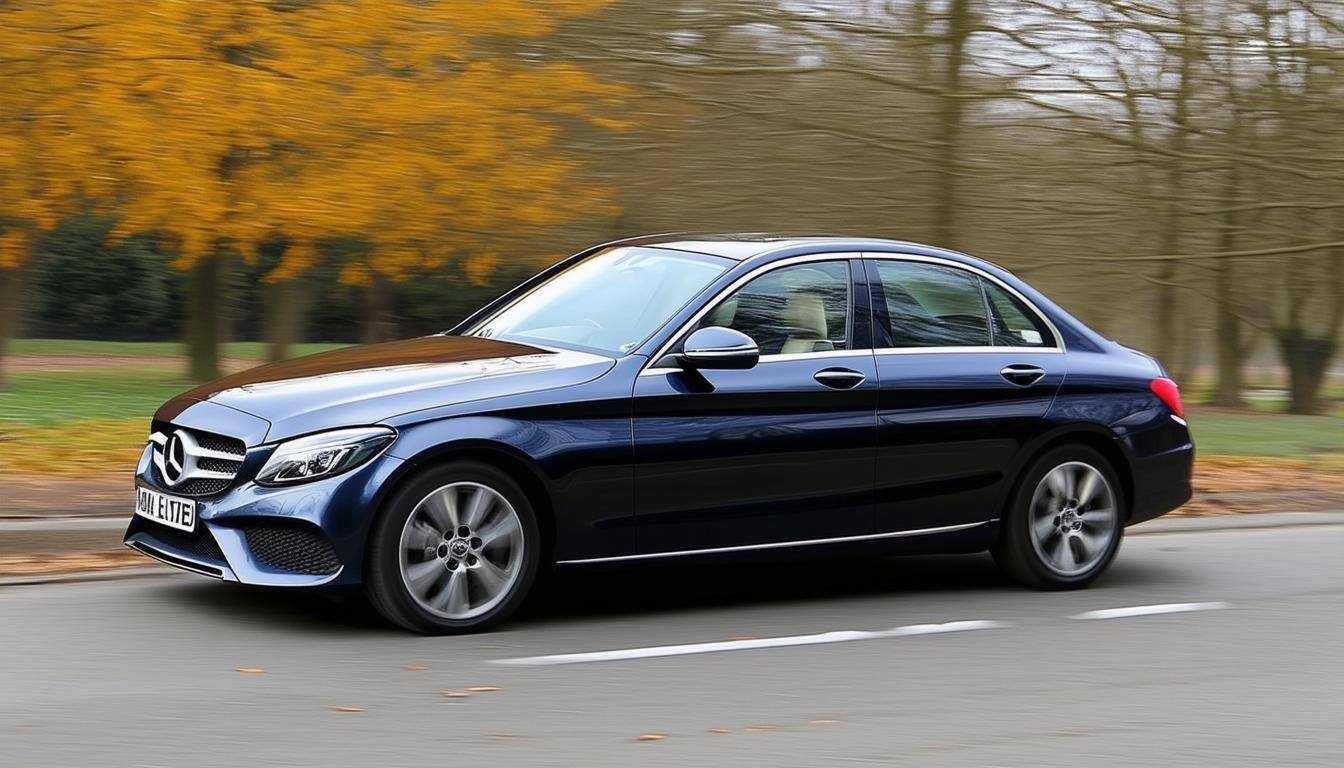
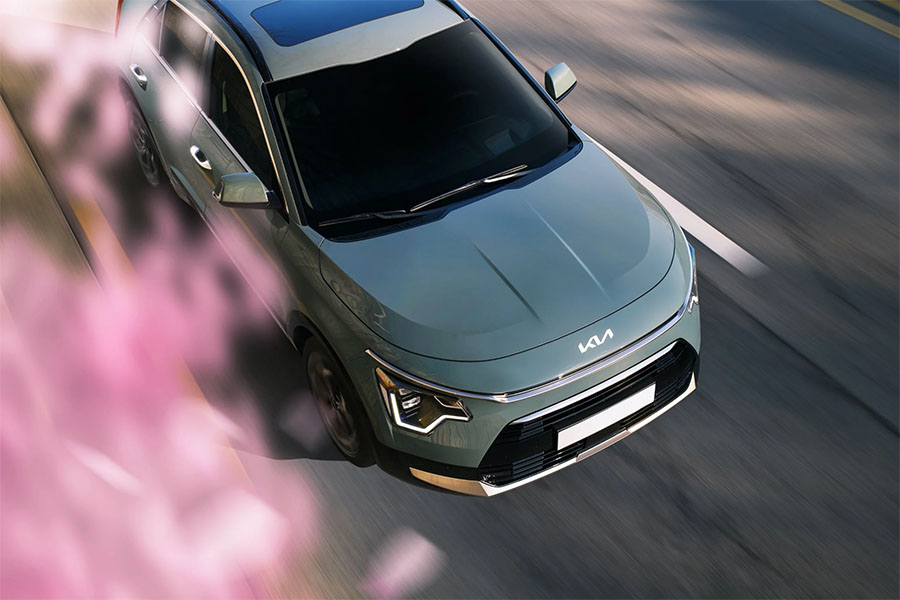
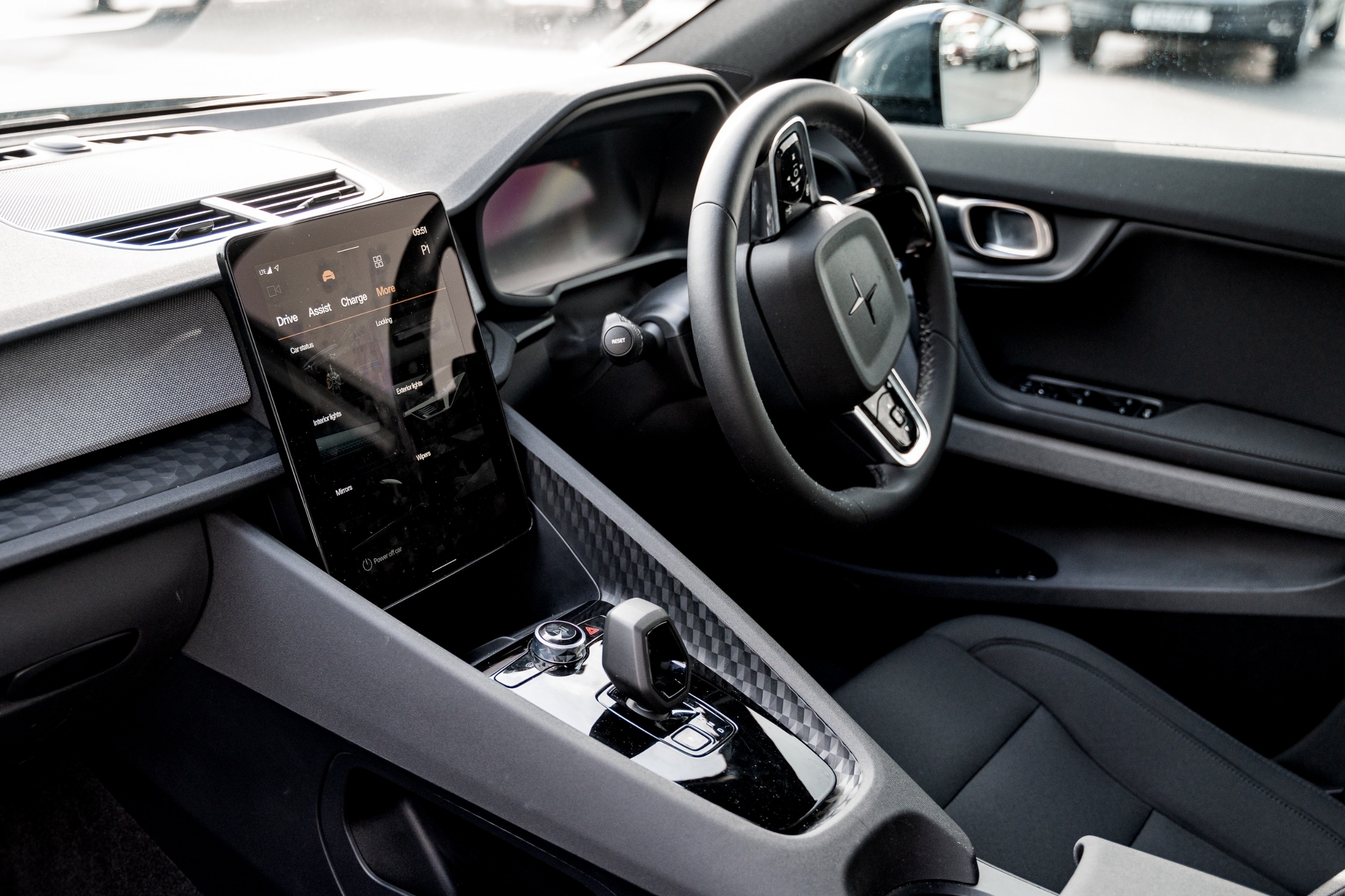

-2.jpg)